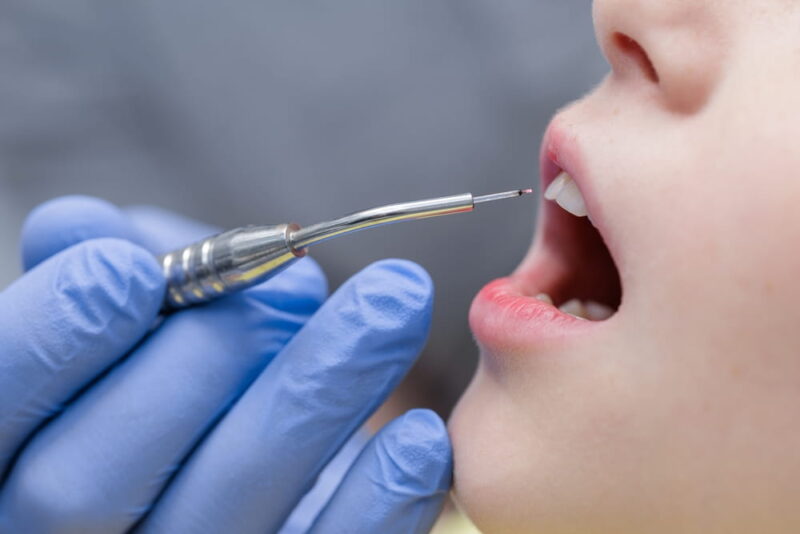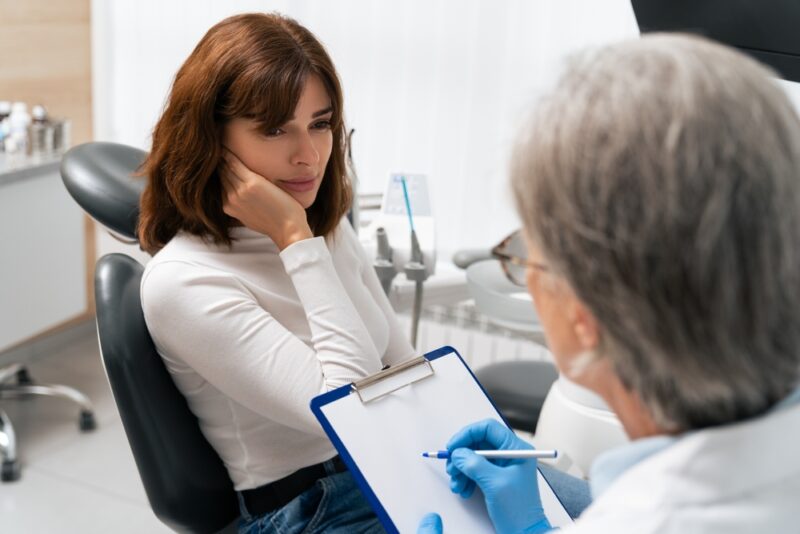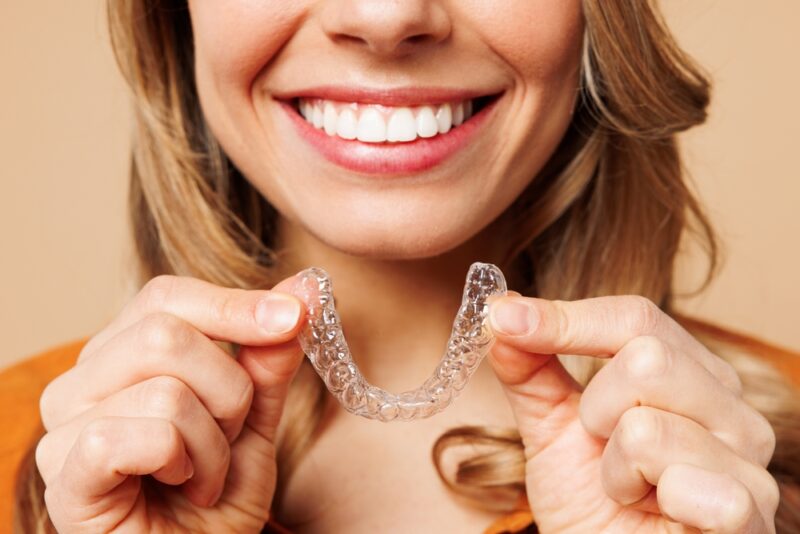Dental emergencies can happen when you least expect them—during a weekend soccer game, while chewing dinner, or even in the middle of the night. Whether it’s a knocked-out tooth, a cracked crown, or sudden pain that keeps someone from sleeping, knowing what to do in the moment can make a big difference.
While it’s natural to feel overwhelmed or unsure in a dental emergency, having a basic plan can help you stay calm, protect your oral health, and know when it’s time to call your dentist.
What Counts As a Dental Emergency?
Dental emergencies come in many forms, but they usually involve one or more of the following:
- Sudden or severe tooth pain
- A broken or chipped tooth
- A knocked-out (avulsed) tooth
- A loose or missing filling or crown
- Swelling or bleeding that won’t stop
- Trauma to the mouth, lips, gums, or jaw
- Infections or abscesses
Not all dental issues need immediate care, but the ones that do should be treated as soon as possible to avoid permanent damage, prevent infection, and relieve pain.
1. Knocked-Out Tooth (Adult Tooth)
If an adult tooth is knocked out, time is critical—you have the best chance of saving the tooth if you act quickly.
What to do:
- Handle the tooth by the crown (top), not the root.
- Gently rinse it with water if dirty, but do not scrub or remove any tissue.
- If possible, try to place the tooth back into the socket and hold it in place.
- If that’s not possible, place the tooth in a container of milk or saliva.
- Call your dentist immediately. Ideally, you should be seen within 30–60 minutes.
For baby teeth, do not try to reinsert the tooth—call your dentist and let them evaluate next steps.
2. Chipped, Cracked, or Broken Tooth
A minor chip may not be urgent, but a large crack or break—especially if there’s pain, bleeding, or nerve exposure—should be treated promptly.
What to do:
- Rinse your mouth with warm water.
- Apply a cold compress to reduce swelling.
- Save any broken pieces and bring them with you.
- Avoid chewing on that side of your mouth.
- Call your dentist for an evaluation.
If the break is deep or painful, it could involve the nerve and may require more advanced treatment like a crown or root canal.
3. Severe Tooth Pain
Toothaches can come on suddenly and be incredibly painful. While some discomfort can wait a day or two, persistent or severe pain often indicates an infection or abscess that needs attention.
What to do:
- Rinse your mouth with warm salt water.
- Floss gently around the tooth to rule out food particles.
- Use an ice pack on the outside of the cheek for swelling.
- Take over-the-counter pain medication if needed (avoid putting aspirin directly on the gums).
- Call your dentist—especially if the pain worsens, keeps you from sleeping, or is accompanied by swelling or fever.
Tooth infections should never be ignored, as they can spread quickly and affect overall health.
4. Lost Filling or Crown
Fillings and crowns can come loose or fall out due to wear, decay, or trauma. While not always an emergency, it’s important to have the tooth protected and restored.
What to do:
- If a crown falls out, try to keep it clean and bring it to your appointment.
- You can temporarily use dental cement (available at most pharmacies) to cover the exposed area or re-seat the crown.
- Avoid chewing on that side of your mouth.
- Call your dentist to schedule a repair as soon as possible.
An exposed tooth can be sensitive and prone to further damage or decay if left untreated.
5. Bitten Tongue, Lip, or Cheek
Accidentally biting your cheek or tongue can be painful, especially for young children. If there’s bleeding, swelling, or discomfort, a few simple steps can help.
What to do:
- Rinse the mouth gently with warm salt water.
- Apply a clean cloth or gauze to stop bleeding.
- Use a cold compress to reduce swelling.
- If the bleeding doesn’t stop within 10–15 minutes or the wound is large, call your dentist or visit urgent care.
6. Abscess or Swelling
A dental abscess is a serious infection that forms near the root of a tooth or in the gums. It may look like a pimple on the gums and can cause swelling, pain, and fever.
What to do:
- Rinse with warm salt water several times a day.
- Do not attempt to pop or drain the abscess on your own.
- Call your dentist immediately.
- If you experience difficulty breathing, swallowing, or a high fever, seek emergency medical care.
Prompt treatment is essential to prevent the infection from spreading to other areas of the body, so be sure to call your dentist and schedule an appointment as soon as you can.
When Should You Go to the Emergency Room?
While most dental emergencies are best handled by your dentist, there are times when immediate medical attention is needed. Go to the ER or call 911 if:
- You have uncontrolled bleeding.
- You have swelling that affects breathing or swallowing.
- You experience a traumatic injury to your jaw or face.
- You suspect a broken jaw.
Be Prepared and Don’t Panic
Dental emergencies can be stressful, especially when they involve a child, aging parent, or unexpected injury. The most important thing is to stay calm, act quickly, and know when to reach out for professional care.
Having Dr. Cadavid’s contact information handy, keeping a small dental first aid kit at home, and knowing the basic steps for different emergencies can make a big difference when the unexpected happens.
If you’re ever unsure whether something is a true emergency, it’s always okay to call your dental office, Aloe Dental Wellness. We’re here to help you make the right decision, guide you through the next steps, and ensure you or your loved one gets the care needed to feel better—and heal properly.
Choose Aloe Dental Wellness For All Your Dentistry Needs
At Aloe Dental Wellness, you can expect the very best in dental care with Dr. Daniela Cadavid. Before your appointment, you can expect to enjoy soothing music and fresh coffee, tea, and water in our relaxing patient lounge. Our office is a child-friendly, family-oriented environment, and we pride ourselves on the ability to make patients of all ages comfortable.
Dr. Cadavid is glad to offer a brand-new office equipped with the latest technology and services in both English and Spanish to UCSB students and staff, as well as the surrounding communities. Aloe Dental Wellness in Santa Barbara County is proud to provide general, cosmetic, and emergency dentistry services to meet the needs of your entire family as well. For an appointment, call us at 805-454-7727 today.




